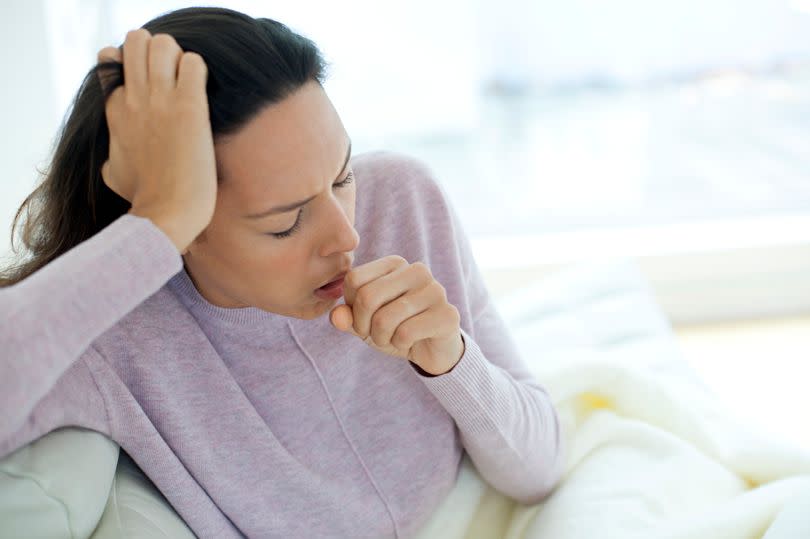KP.3 Covid variant: Symptoms and everything we know about new strain as cases rise

Concerns are mounting over a potential summer surge of Covid in the UK, with reports suggesting that a new variant, KP. 3, is on the rise. The BBC has highlighted an increase in infections, and hospitals have noted a spike in admissions due to a more contagious strain that has already caused significant increases in cases in the USA.
The KP. 3 variant is part of a group of COVID-19 variants known as FLiRT, which is an informal name derived from specific mutations found in these variants' genetic makeup. These are considered a sublineage of JN.
In the UK, the KP3 variant, responsible for a surge in US cases, has been detected albeit in limited numbers. Hospital admissions have climbed to 3.31 per 100,000 people in the week ending 16 June, up from 2.67 per 100,000 the week before, reports the Mirror.
The UK Health Security Agency (UKHSA) has expressed the need for "more data" regarding these new variants to ascertain their severity and infectiousness. A 24% increase in hospital admissions was recorded in the week concluding on Sunday, according to the most recent figures.
CDC spokesperson Rosa Norman confirmed that the symptoms linked to KP. 3 are the same as those for JN.
The list of potential symptoms also includes:
High temperature or shivering
New, continuous cough
Loss or change to your sense of smell or taste
Shortness of breath
Feeling tired or exhausted
Aching body
Headache
Sore throat
Blocked or runny nose
Loss of appetite
Diarrhoea
Feeling sick or being sick
The NHS has urged individuals not to leave their homes and avoid contact with others if they or their children exhibit symptoms such as a high temperature, and if there's an inability to carry out regular activities like going to work, school, or childcare.
In addition, the health service emphasised that vaccinations serve as a potent guard against severe afflictions and hospitalisations stemming from both flu and COVID-19. This message is especially relevant for those aged over 75, people with compromised immune systems, and residents of care homes for the elderly, all of whom are being advised to acquire their spring booster jabs.
Leeds University's Professor Steve Griffin commented about the current upsurge in cases by saying: "This is clearly early days, but it certainly looks as though yet another Covid wave is building."
He followed up by adding, "If the rise in hospitalisations continues, this is obviously worrying. Although we've just had a spring booster campaign for vulnerable populations, the uptake was lower than in 2023, and there is a considerable difference between the current vaccines and circulating viruses."
The UKHSA voiced that it's "impossible" to ascertain at present whether these new strains are the cause of the increase in hospital visits. As it stands, there are no legal obligations enforcing self-isolation for individuals testing positive for Covid. Additionally, lateral flow tests are not obligatory and face masks are not required.
Despite this, government guidelines urge those who test positive to try and isolate themselves and abstain from social interactions for five days following the test.
Dr Jamie Lopez Bernal, consultant epidemiologist at the UKHSA, has advised: "If you are showing symptoms of Covid-19 or flu, help protect others by staying at home and avoiding contact with other people, especially those who are more vulnerable."

 Yahoo News
Yahoo News 
